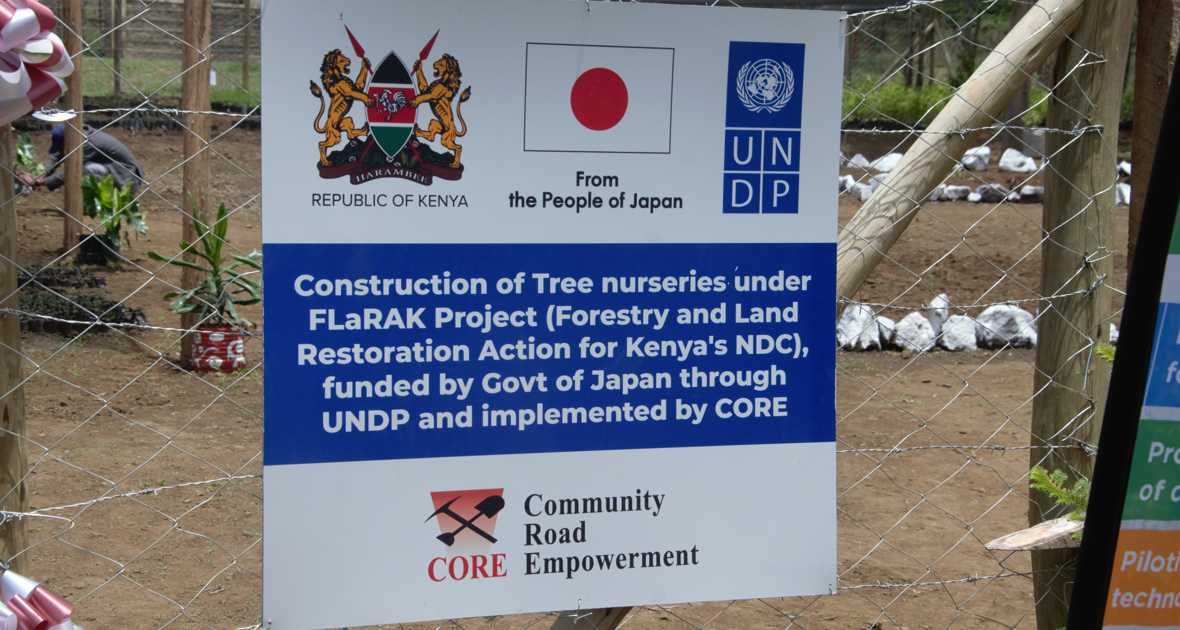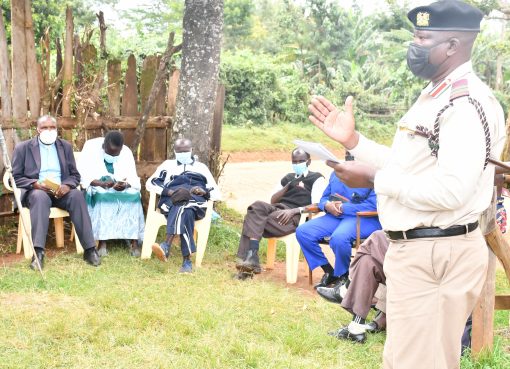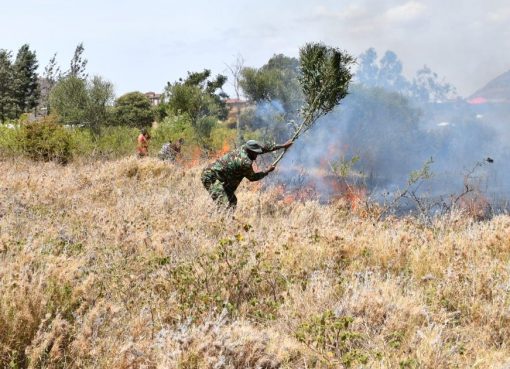The Japanese government is targeting to plant over 400,000 trees in three ecosystems under the Forest and Land Restoration Action for Kenya (FLaRAK) programme.
The programme implemented by Community Road Empowerment (CORE) will benefit three ecosystems namely: Kaptagat in Elgeyo Marakwet, Suswa-Magadi in Narok/Kajiado and Kakamega tropical forest with an aim of conserving the environment.
Principal Secretary, State Department for Environment and Forestry Dr Chris Kiptoo said the trees will help to combat global warming by absorbing carbon dioxide and releasing oxygen back into the air.
In a speech read on his behalf by one of the directors at his office Mr. John Elungata, the PS said the project entails putting up 20 tree nursery beds that will be the source of trees to be planted.
The chairman of CORE, Prof Kiptanui Too said that Matonyok primary school is one of the twenty selected primary schools to implement tree nurseries projects that will be planted in the Suswa-Magadi ecosystem.
He noted that lack of appropriate tree seedlings, mismatch sites and inappropriate tree species that are not suitable to the particular environments is the main challenge to restoration of degraded lands in Kenya.
“FLaRAK project aims to produce quality tree seedlings and develop the capacity of school learners at an early age in tree growing activities through environmental club and 4-K clubs’ programmes in schools,” added Too.
The project is set to produce 400,000 tree seedlings in selected schools annually that translates to restore 500 acres of degraded lands by tree planting every year and contribute toward the national target of planting 15 billion trees by 2032.
Environment club members will be given tree seedlings to plant in their homes, and the remaining tree seedlings will be sold by the school management to the local communities at affordable prices so as to sustain the project for some years to come.
Ewaso Ngiro South Development Authority (ENSDA) Managing Director Mr. Ngala Oloitiptip said that human beings are the cause of land degradation and asked residents to plant trees to restore the degraded land.
He added that the siltation from the escarpment’s areas in Suswa is a great threat to lake Magadi and if nothing was done, the lake would disappear within a few years.
By John Kaleke





